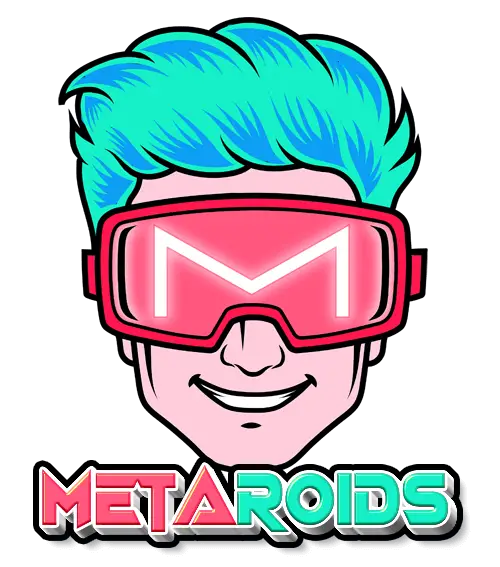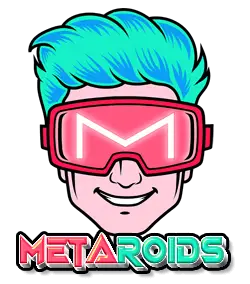OpenAI, the driving force behind the highly acclaimed AI chatbot ChatGPT, has made a strategic (and secrete) move by recruiting a vast number of international contractors to train its AI platforms in the field of software engineering.
According to a recent report by Semafor, these contractors, sourced from various regions such as Eastern Europe and Central America over the past six months, have been entrusted with creating valuable data to educate OpenAI’s models so they can master basic software engineering tasks.
Codex Trained by Int’l Software Engineers
This significant step, taken by one of 2022’s most notable unicorn startups, is a clear indication of its determination to push the boundaries of AI, even if it entails job losses for the average coder in the near future. If OpenAI successfully builds a credible alternative to entry-level human programmers, how would it affect the world?
OpenAI already has a lesser-known AI system called Codex, which can convert natural language into working code. The company’s recent hiring of international engineers suggests that it is looking to feed the model’s language datasets in order to improve its ability to write code.
Semafor spoke to one engineer in South America who interviewed for one of OpenAI’s contractor roles. The process involved finding bugs in AI code and providing explanations for how to fix its errors. The engineer shared that he thinks the company wants to feed the training data into Codex.
Replacement of Human Developers is Already Happening Slowly
OpenAI is also the owner of the buzzy AI chatbot, ChatGPT. Since the bot’s launch late last year, it has already threatened to disrupt law, education, journalism, and even religion. Software engineering might be added to the list next.
In fact, Bussiness Insider recently reported that some Amazon employees have already started using ChatGPT to help with coding, though the company warned its employees not to share confidential corporate information with the bot.
OpenAI declined to comment on its hiring practices, but the company has previously spoken of the importance of outsourcing in building its technology. “Finally, we’d like to thank all of our contractors for providing the data that was essential for training the models,” wrote OpenAI last year.
The company’s goal of using AI to replace developers is ambitious, but not without precedent. In recent years, we have seen AI being used in a variety of industries to automate tasks that were previously done by humans.
However, it is important to note that the use of AI in the software engineering field is still in its early stages. Perhaps the most popular tool in this department is Copilot, which was launched to the public in late 2021 and quickly garnered 400,000 subscribers in a month. Not nearly as jaw-dropping as ChatGPT’s one-million-users-in-five-days, but impressive nonetheless.
That said, it will be some time before we see AI fully replacing human developers. It is also important to consider the ethical implications of using AI to replace jobs that were once for humans. While the use of AI in software engineering has the potential to make processes orders of magnitude more efficient, we must also consider the brunt of its impact on the job market.
As technology continues to evolve, it will be interesting to see how this advancement will make the world a better place.
You might also like: Google’s Stance on AI-Generated Content
Join our newsletter as we build a community of AI and web3 pioneers.
The next 3-5 years is when new industry titans will emerge, and we want you to be one of them.
Benefits include:
- Receive updates on the most significant trends
- Receive crucial insights that will help you stay ahead in the tech world
- The chance to be part of our OG community, which will have exclusive membership perks



